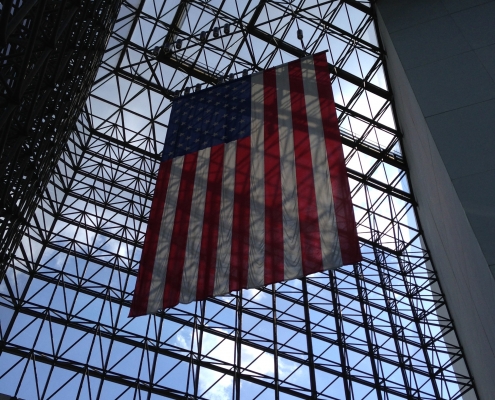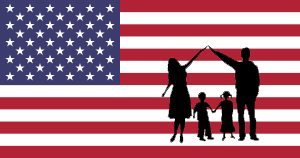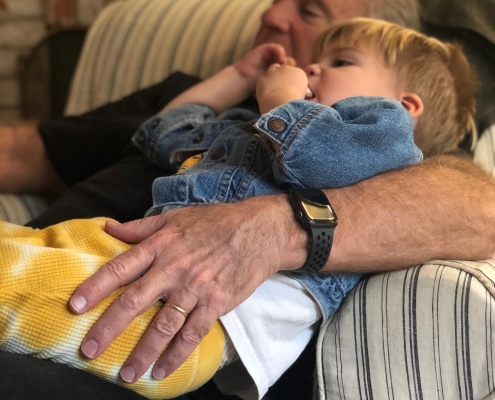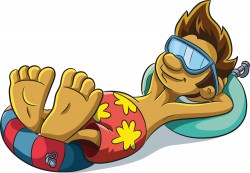
Where Are The Parents?
Another school shooting today, this time in Maryland. This time the “bad guy with a gun” was killed by a “good guy with a gun.” But, the bad guy was 17 years old, so even though there was someone there to put an end to it, I have…

Guns Guns Guns
So, what do we tell our kids when someone with a gun goes crazy?
What do we tell our kids when someone with guns goes crazy? Do we say “Well, I’m sorry son, but in this country we have the right to bear arms, so that guy should have been…

United We Go – Up Up and Away
I’ve got a lot bouncing around in my head lately, and although it's about our country, very little of it has to do with Washington. Fact is, I think it has something to do with what I see as the state of our "United" States.
Is Dr. Dao of…

Patriotic Parenting – Making America Great Again
Do it by raising great children. A “great” country needs great citizens… and building great citizens begins with focused and responsible parenting. Here are 5 ways that I believe patriotic parents can raise intelligent, inspired…

Post Inauguration Parenting – 8 Simple Tips
After saying farewell to President Obama, one of the best parenting examples I could have ever wanted, I, like many others am dealing with the inauguration of President Trump. I am optimistic that the enormous responsibility the…

Grandparenting
Well. It happened. We became grandparents at the end of December.
Of course, nothing went according to plan. We were expecting this grandson after The Holidays - in early January - right about now. We were mentally preparing…

The Homework Heretic
It’s back-to-school time and homework is in the news. Mrs. Brandy Young, a brilliant second-grade teacher in Godley, Texas sent a note home to parents explaining that her students would have no “formally assigned” homework this year.…

Tyrants, Toddlers, and Trump
I know a number of people who have toddlers that they describe as “difficult.”
These children have been complicated from the start. As tiny tyrants, they’ve spit out their food, pounded the table, or thrown tantrums unabated…

Our Son Says “We’re Pregnant!”
Our son Ben recently called and said “We’re pregnant!” JoAnn, my wife, was very quick to point out that Ben’s wife, Kelsie is pregnant and that they are having a baby. After all, JoAnn asks, “Is Ben nauseous all the time?” “Are…

Being a Team Player
I’ve been getting a lot of calls lately about Adam LaRoche. He’s the former Chicago White Sox player who retired last week after being asked to limit the amount of time his 14-year-old son, Drake, was spending with the team.
There wasn’t…
